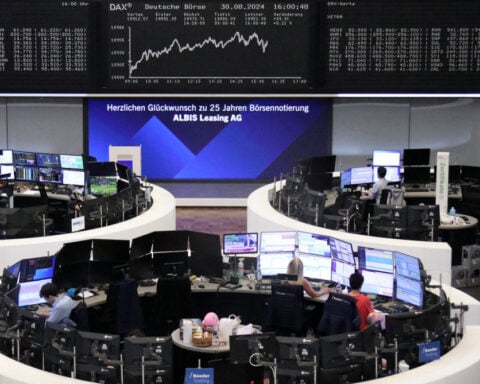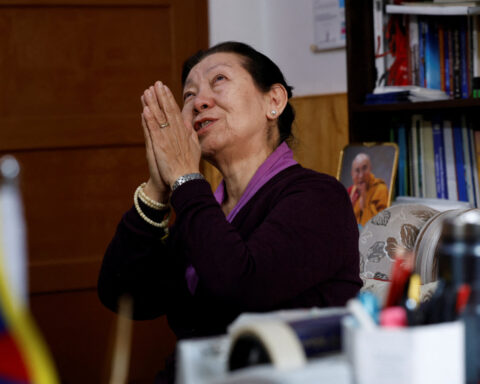Our obsession with self-improvement is making people miserable, according to experts. Psychologist Meytal Eyal has observed an "epidemic of self-hatred" from constantly striving to better ourselves while never feeling adequate.
This hyperfixation on the self manifests in elaborate self-care rituals or cutting out "toxic" friends to reach an idealized version of oneself. However, socioeconomic and systemic barriers also impact people's ability to feel fulfilled. Marginalized communities in particular struggle with feelings of insufficiency.
All humans are motivated to improve their lives, but this survival impulse can be taken too far. Our incredible ability to adapt, called hedonic adaptation, means the joy of achievements soon wears off. We then seek out the next purchase or goal that might bring happiness. This cycle never satisfies for long.
Social comparison also shifts the goalposts of what would make us happy. Seeing others acquire something better makes us want to attain it too. Paired with hedonic adaptation, there is little preventing constant striving.
While wanting more resources aided survival for early humans, modern society pairs this drive with marketing urging us to buy the next product promising self-optimization. Believing more money or things will make us happy is unrealistic, research shows. Happiness plateaus after basic needs are met.
Attempting to fill a void imagined by advertising taxes the planet with overconsumption. We can strive for better lives without consuming more by focusing on personal growth over accumulation. Determine if a goal detracts from or adds to happiness.
Cultivating gratitude and appreciation is key to feeling enough instead of comparing ourselves to idealized strangers online. Consider how habituation and comparison function before succumbing to their siren song. The culture of consumption banks on our feelings of inadequacy.

 An analyst looks ahead to how the US economy might fare under Trump
An analyst looks ahead to how the US economy might fare under Trump
 Hyatt in exclusive talks with Playa Hotels on options, including buyout
Hyatt in exclusive talks with Playa Hotels on options, including buyout
 Elon Musk's X lifts price for premium-plus tier to pay creators
Elon Musk's X lifts price for premium-plus tier to pay creators
 Greenland is not for sale, its leader says in response to Trump
Greenland is not for sale, its leader says in response to Trump
 Rome completes marquee project in contentious city overhaul for Catholic Holy Year
Rome completes marquee project in contentious city overhaul for Catholic Holy Year
 On Football: Falcons and Buccaneers flip spots atop the NFC South and playoff races tighten up
On Football: Falcons and Buccaneers flip spots atop the NFC South and playoff races tighten up
 Self-Improvement Obsession Cycle
Self-Improvement Obsession Cycle






